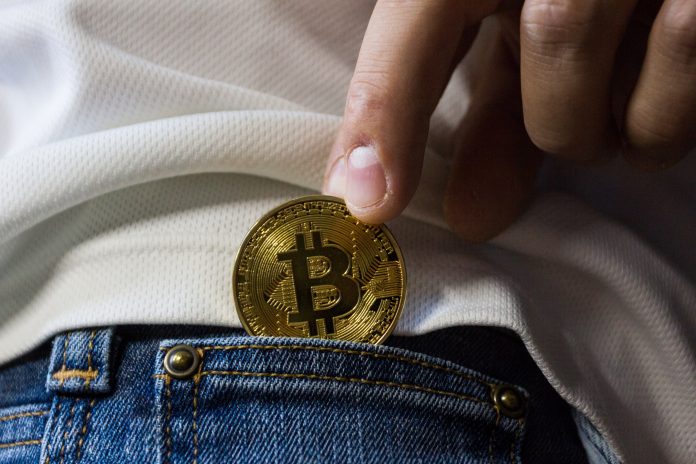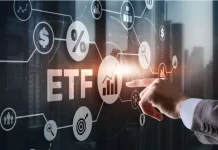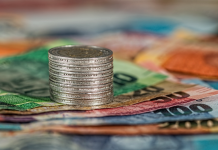For almost a decade, advocates of Bitcoin have claimed it is the future and will upend financial systems. El Salvador’s bitcoin news announcement that they are considering making Bitcoin legal tender may finally give us an answer on whether or not this claim has any truth to it.
We Accept Bitcoin!
El Salvador’s president, Nayib Bukele, has made it the first country to accept Bitcoin as legal tender. The cryptocurrency will be used for paying taxes and buying goods and services with. U.S dollars remain El Salvador’s national currency which makes this move even more intriguing in that these two currencies are notoriously volatile while not always easy to access or transfer across borders unimpeded by authorities (especially if you’re a citizen).
Bitcoin as a Legal Tender
Bitcoin’s future is uncertain. Although U.S lawmakers have passed a bill to make Bitcoin legal currency, experts are unsure what the long-term impact will be on America’s economy or how this new law will affect us and other countries in the future if we start using it as our main form of money worldwide instead of fiat currency like traditional dollars and euros.
Why the Bold Step with this bitcoin news?
In countries with remittance economies, such as El Salvador where 20% of the nation’s GDP comes from money transfers abroad, it can be difficult for families to send their loved ones enough funds. Bitcoin offers a way out; people just need access to an internet connection or smartphone in order to make these transactions happen at no cost. This bitcoin news mean that not only would more money flow back into developing nations like El Salvador but they could also take control over their economic policy and stop relying on other governments’ decisions so much because each country has its own currency – including bitcoin!
It’s no secret that the city of San Salvador has had to endure a lot, but there are hopes for relief in sight. The Prime Minister is unsure as to how they will make it happen, and he isn’t disclosing any specifics on plans just yet. But if 1% out of all outstanding Bitcoins were located anywhere else other than Bitcoin itself this small nation would jump from its current $4 billion GDP up towards an impressive 25%. Citizens hope these changes can bring more prosperity with economic growth after years undergoing hardship due to their less fortunate circumstances.
Bitcoin Mining Hub?
President Mauricio Bukele of El Salvador has created a new plan to offer facilities for Bitcoin mining with cheap, 100% clean, and renewable energy. The move is in keeping with his attempts to portray himself as a more environmentally conscious leader than the norm.
Will the experiment be costly?
Volatility: Bitcoin is a new type of currency that can be used for some transactions in different places. However, it’s volatility – its price swings–make many businesses hesitant to adopt this technology as they don’t know what their profits will look like by tomorrow morning. Since mid-April however (coincidence?), Bitcoin lost nearly half its value which makes it more appealing than ever before!
Adoption: Many businesses are hesitant to accept currencies that will be worth less tomorrow, even if there is a chance it could also be more valuable. Even in tech hubs such as Silicon Valley, Bitcoin’s use as currency has been insignificant so far. But El Salvador’s usage may give rise to adoption rates.
Hacking: Cryptocurrencies are risky because they have a history of being hacked. Bitcoin can be lost if users misplace the code that identifies them as owners, which could spell disaster for El Salvador as it may attract hackers to El Salvador. There’s no regulation yet so these $27 billion economies with predictable boom-and-bust cycles might get destroyed in an instant if something goes wrong.
Will other countries follow?
According to a new report from the Bank for International Settlements, central banks around the world are starting to develop their own digital currencies – with some being more independent than others. The Bahamas Sand Dollar is just one example of this; it trades at an equal value as Bahamian Dollars and only exists in order to make transactions easier through digitization.
Even if any country is interested, they should keep an eye on El Salvador and their bitcoin news.














